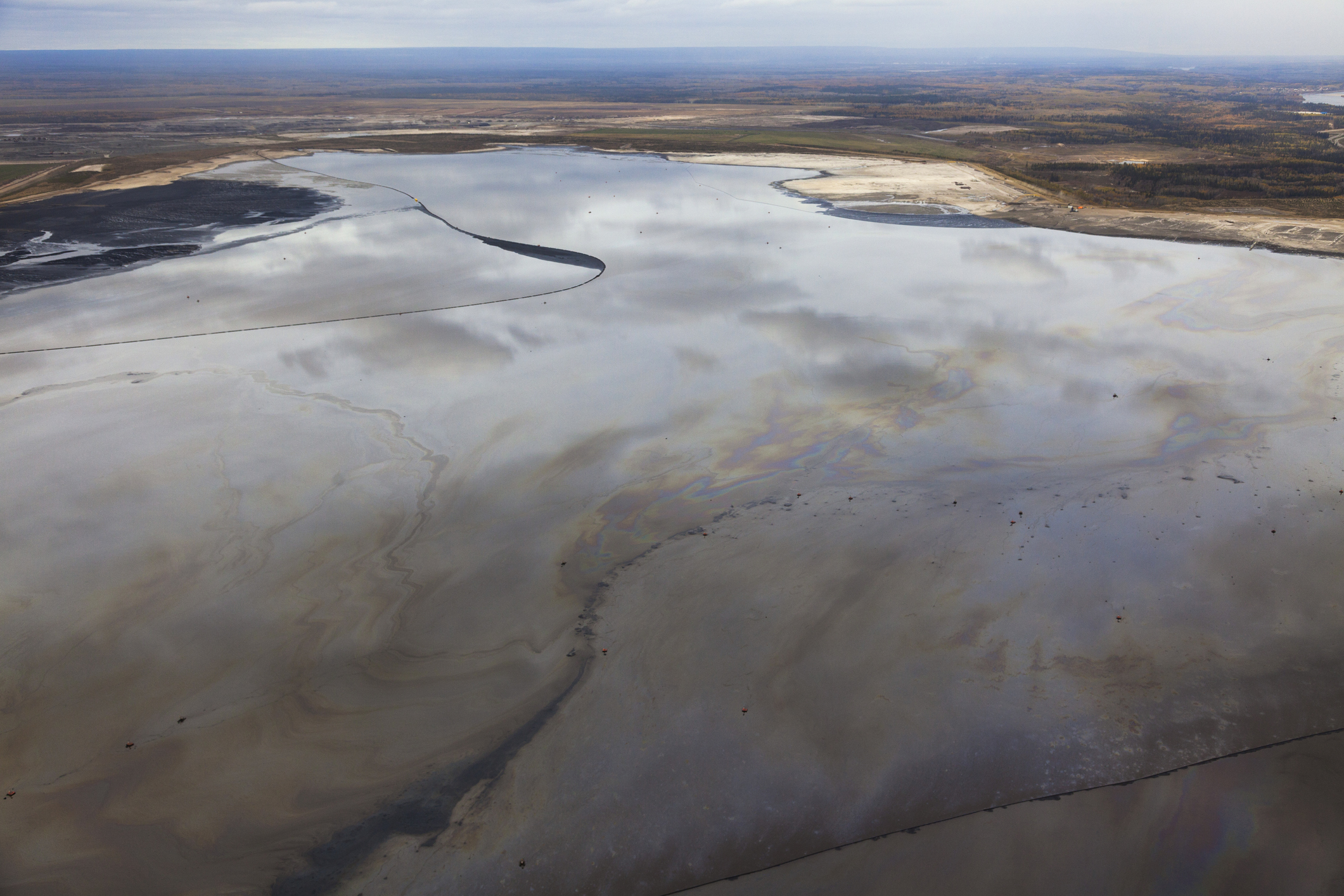An international coalition of non-governmental organizations has welcomed the new Assessment Report Summary released last week in Geneva by the United Nations Environment Programme (UNEP), which urges States and the industry to end deadly and damaging mining waste spills by enforcing a zero-failure objective.
The joint UNEP-GRID Arendal assessment, Mine Tailings Storage: Safety Is No Accident, highlights over 40 mining waste failures over the last decade, including eight significant spills since 2014 alone. These failures have killed some 341 people since 2008, damaged hundreds of kilometers of waterways, affected drinking water sources, and jeopardized the livelihoods of many communities.
Mining companies, communities and governments recognize that mine waste, contaminated water and land pollution damage lives and livelihoods but also threaten the development of the mining sector,” wrote Ligia Noronha, director Economy Division, United Nations Environment Programme in the Summary’s address.
Since 2007, Canada has had seven significant mining accidents. This accounts for the second largest number after China, which saw eight accidents in the last ten years. The Mount Polley event was rated as a very serious failure under the criteria of multiple loss of life, release of more than 1,000,000 cubic metres of discharge, or traveling more than 20 kilometres; The Mount Polley disaster released 4,500,000 cubic metres of slurry into Polley Lake.
The summary report makes 18 recommendations, including two overarching ones:
- “The approach to tailings storage facilities must place safety first by making environmental and human safety a priority in management actions and on-the-ground operations. Regulators, industry and communities should adopt a shared zero-failure objective to tailings storage facilities where “safety attributes should be evaluated separately from economic considerations, and cost should not be the determining factor’ (Mount Polley expert panel, 2015, p. 125)”
- “Establish a UN Environment stakeholder forum to facilitate international strengthening of tailings dam regulation.”
Other recommendations include:
- Transparency: “Establish an accessible public-interest, global database of mine sites, tailings storage facilities and research” and “Fund research into mine tailings storage failures and management of active, inactive and abandoned mine sites.”
- Accountability: “Expand mining regulations to include independent monitoring and the enforcement of financial and criminal sanctions for non-compliance.”
- Best Practices: “Avoid dam construction methods known to be high risk,” and “require detailed and ongoing evaluations of potential failure modes, residual risks and perpetual management costs of tailings storage facilities.”
- Financial Securities: “Enforce mandatory financial securities for life of the mine;” “establish a global financial assurance system for mine-sites,” and “fund a global insurance pool.” Also, “ensure any project assessment or expansion publishes all externalized costs, with an independent life-of-mine sustainability cost-benefit analysis.”













